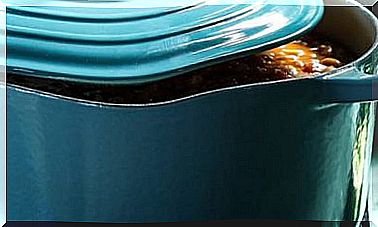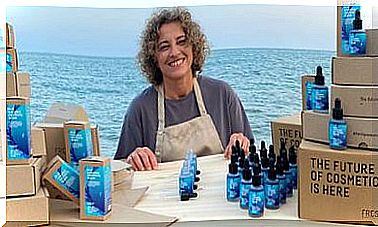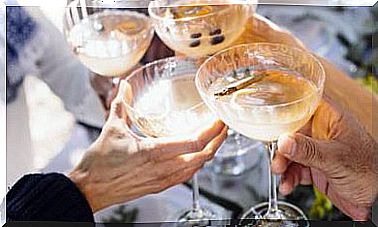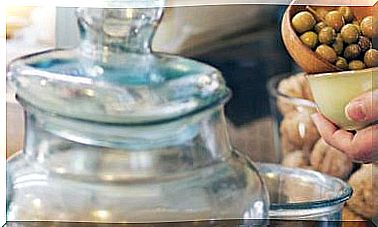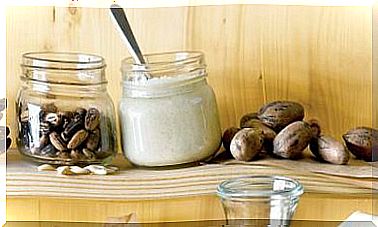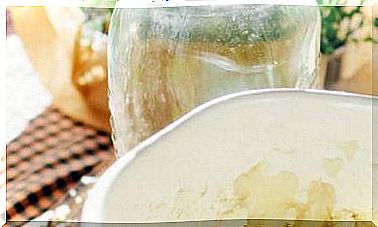8 Initiatives That Take Advantage Of Ugly Fruits And Vegetables
Some companies give commercial or solidarity outlet to imperfect food, especially fruits and vegetables. Discover this way to fight against food waste.
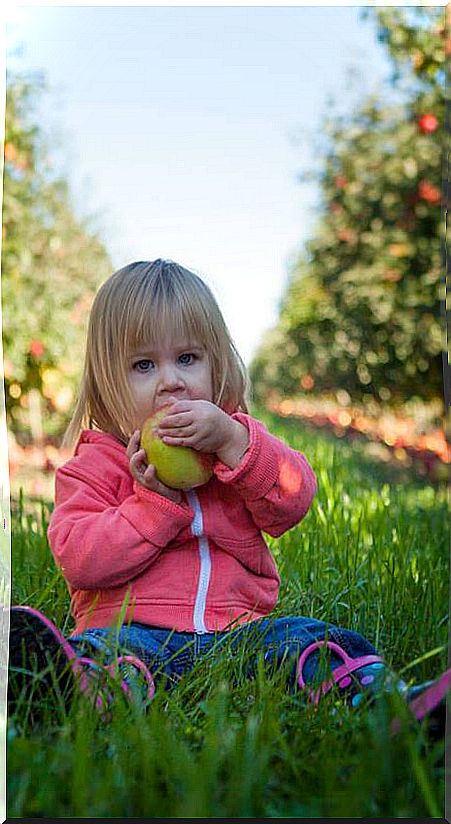
The Ugly Food movement, “ugly food”, is very active in countries like Great Britain, Scandinavia or Germany. Try to convince us of the need not to leave out not perfect fruits or vegetables in our purchase, since they are fruits and vegetables that, if not, will end up in the trash.
It is a movement that is directed at us as consumers, to raise awareness of the reasons why it is important to take advantage of ugly fruits and vegetables and for the responsibility we have when we go shopping. It tries to change a deeply rooted mentality that responds to false premises, because, in addition, this change helps to make our shopping basket cheaper.
However, this initiative goes much further, because it seeks to benefit the entire food chain, starting with the farmer. If we all bought “ugly” fruits and vegetables, farmers could give way to that production that, although it is perfectly valid for consumption, ends up being rejected according to the appearance fees imposed by the trade. It could even produce crops slightly damaged by eventual weather effects.
The distributor and the wholesaler would also benefit. In some cases, it can even promote certain solidarity initiatives, as is the case of companies that manufacture products derived from discarded fruit by hiring labor from underprivileged groups.
And it is that the different movements of Ugly Food are aligned with some of the Sustainable Development goals sponsored by the UN in 2015, whose main purpose is the eradication of poverty in the world, while ensuring the well-being of disadvantaged populations. through sustainable economic development in accordance with the rhythms of nature.
Here is a selection of these movements, so you can learn about their work and support them:
Ugly Food initiatives in Europe
Throughout the continent the initiatives that promote the proper use of food that is unfairly discarded are multiplying, with very different objectives and approaches.
- Oddbox (Great Britain)
At Oddbox they recover damaged fruits and vegetables from the producers themselves, sort and pack them without using unnecessary packaging; when they use them, they are always recyclable packaging. Fruits and vegetables are served to your customers in individualized shipments. They also allocate 5% of their profits to support organizations that fight poverty in London, such as City Harvest.
- The Wonky Food (Great Britain)
This company is in the same line as the previous one and its motto reads as follows: “At The Wonky Food Company we believe that size, shape and color do not matter, that what is truly important is taste”.
- Eat Grimm (Denmark)
It is the initiative of two people who have dedicated many years to deepen the viability of sustainable food, and who have created the company by joining forces. At Eat Grimm ( Grimm means ‘ugly’ in Danish) they work directly with local producers, especially organic farmers, who receive fair remuneration for their work. They use in part the help of volunteers to transport the products to their recipients and avoid the use of non-recyclable packaging.
Ugly Fruit and Veg initiatives in Spain
We also have some interesting initiatives in Spain, some already with a long journey:
- Imperfectus
This Catalan company was born in 2019 and sells throughout Spain. It is committed to supporting local farmers and avoiding food waste by selling fruit that cannot be placed on the market at an advantageous price for both the producer and the consumer.
It encourages local sales, does not use greenhouses and buys directly from the producer. They sell products such as boxes of fruits and vegetables, such as apples, pears, peaches, cabbages, lettuce, spinach, chard, etc.
- FlipFood
This startup-type company, based in Barcelona, was founded in September 2019 and is part of an international chain of the same name. It has the advice of the Netmentora network and takes advantage of very ripe or discarded fruit to produce 100% natural fruit juices, with the fight against food and energy waste as a philosophy.
With 2,000 kilos of rescued vegetables and fruits, they report, 3,800 kilos of CO2 can be saved. And the company, for each liter of juice produced, reuses up to two kilos of food that had been rejected. Now they operate in Barcelona, but will soon spread to Madrid and other Spanish cities. They supply juices to restaurants, catering services and coworkings.
- Spigoladors
This initiative, founded in 2014, aims to promote food use and does so through the activity of heading ( espigolament in Catalan), a millenary practice that he has wanted to recover and that is nothing more than harvesting those fruits and vegetables that farmers are unable to market because of aesthetic policies or price drops.
They have teams of volunteers, with a great job of raising awareness about the value of the work of the primary sector, and they promote studies and awareness activities to encourage the involvement of people in the fight against food waste. They are based on the principles of the circular economy and seek to support groups at risk of social exclusion.
Currently the Espigoladors network has more than 100 producers committed to the use of food and have signed a collaboration agreement with two of the main Catalan agricultural unions, the Federació de Cooperatives Agràriàs de Catalunya and Unió de Pagesos.
Currently, the Espigoladors Foundation works in different Catalan territories. Most of its activity is carried out in the Baix Llobregat Agrarian Park, an agricultural park very close to the city of Barcelona. Likewise, the Espigoladors model has recently been replicated in Navarra through the Buruxka project.
They sell canned vegetables that are made with fruits and vegetables discarded from the commercial circuit: jams of both fruits and vegetables, vegetable patés and sauces. All the products are vegan and gluten-free, have no preservatives or colorings, and in the case of jams, with few added sugars.
- Nutripeople
This Murcian company collects from the Murcian garden itself thanks to the collaboration of agricultural cooperatives in the region. It is recycled, given a salable presentation and used for charitable purposes. Its principles: contribute to the eradication of poverty and hunger, while supporting the local farmer.
- Ugly fruits
Directly from the Valencian orchard, this company seeks to give a second chance to fruits that, due to their appearance, cannot be marketed in supermarkets and greengrocers. Its objectives: reduce food waste, support local agriculture, contribute to reducing the environmental impact of agriculture.
They collect oranges from the Valencian garden from top quality trees.
